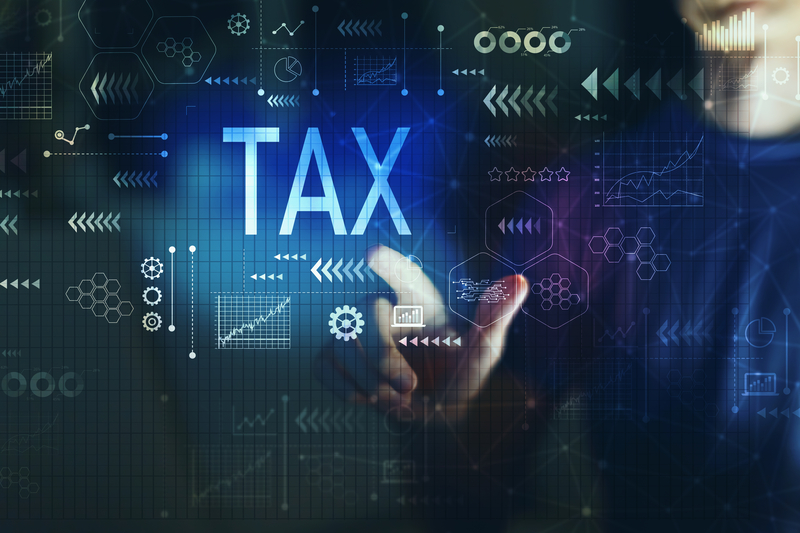Taxation is a fundamental mechanism of democratic society, and something which all in the UK should be proud to contribute.
It is through taxation that the NHS is able to continue operating, and civil services of all kinds are funded.
But the paying of tax often falls at odds with individual financial planning, particularly in times of hardship.
Against the backdrop of the cost-of-living crisis, higher taxes are an unpopular proposition.
But, according to the Institute for Fiscal Studies, the UK could be headed for higher taxation even in spite of the Conservative government’s commitment to low tax.
The Income Tax Freeze
A bombshell report released by the Institute for Fiscal Studies has revealed that one in five of the UK’s adult population could be set to pay income tax at the higher 40% rate by 2027.
The IFS report details genesis of this statistic, and illustrates the future of taxation in the UK.
The dramatic increase in the number of people paying a higher rate of income tax is due to an extension of the freeze on income tax thresholds. The freeze has ensured that income tax rates do not increase until the 2027-28 tax year – meaning that, as inflation takes hold and currency tends towards devaluing, more people will find themselves above the higher tax threshold by the end of the freeze.
Addressing Income Tax Obligations
Again, taxation is no bad thing.
However, in a cost-of-living crisis where household expenditure has ballooned, every penny counts towards reclaiming financial stability.
To this end, there are ways and means by which tax expenditure can be reduced alongside other household costs.
The most accessible way to do this is via a workplace pension scheme. The more salary sacrificed to a pension before tax, the lower the amount owed on tax; in some scenarios, this could even take the worker below that upper rate of taxation.
There are also ways to mitigate the impact of tax on savings interest. This will not impact a majority of people, protected as they are by their personal savings allowance, but using a tax-free savings vehicle can reduce the impact of taxation on longer-term savings pots.
Will Taxes Come Down?
The freeze naturally has a certain sector of the population concerned for their income and personal finances, raising questions about whether taxes will come down in the future. Government ministers have suggested that taxes will come down when the nation can afford to do so, but the light at the end of this tunnel is somewhat dim.
In truth, taxation levels in the UK are relatively low – particularly in comparison to other nations in Northern Europe, which also enjoy higher standards of living as a result. As the Conservative government continue to pursue a slow end to inflation, it is private costs that pose the most threat to finances.




